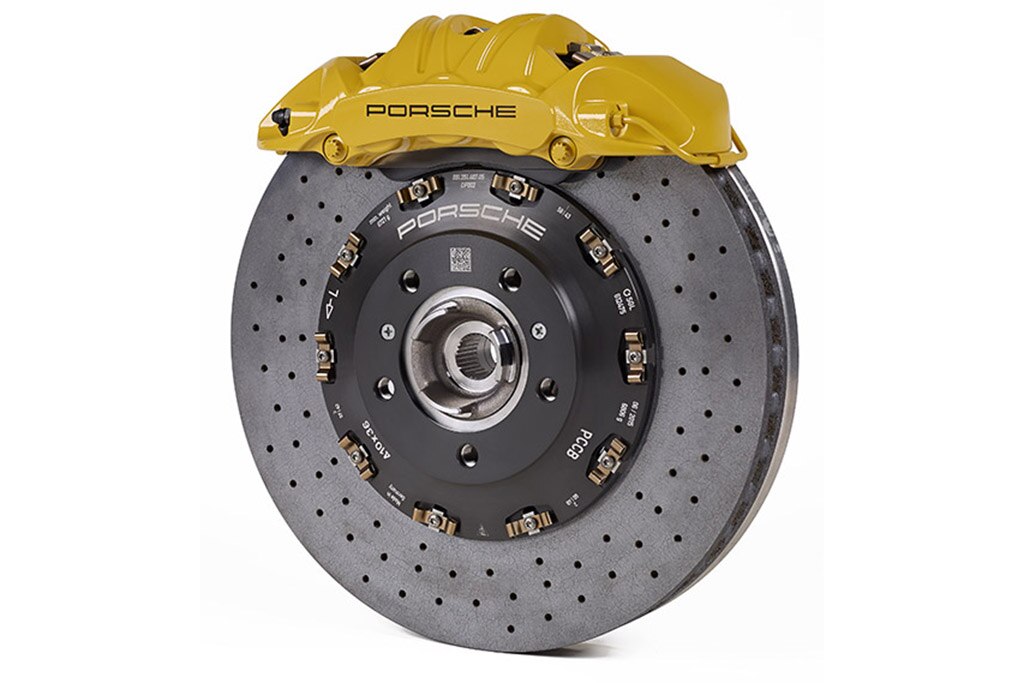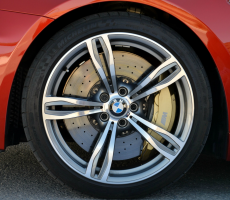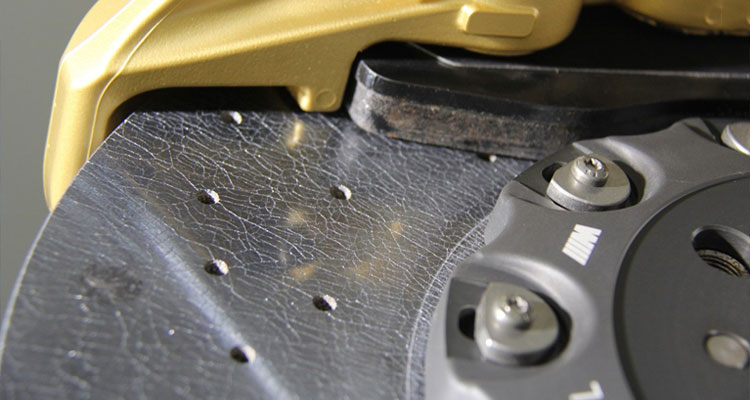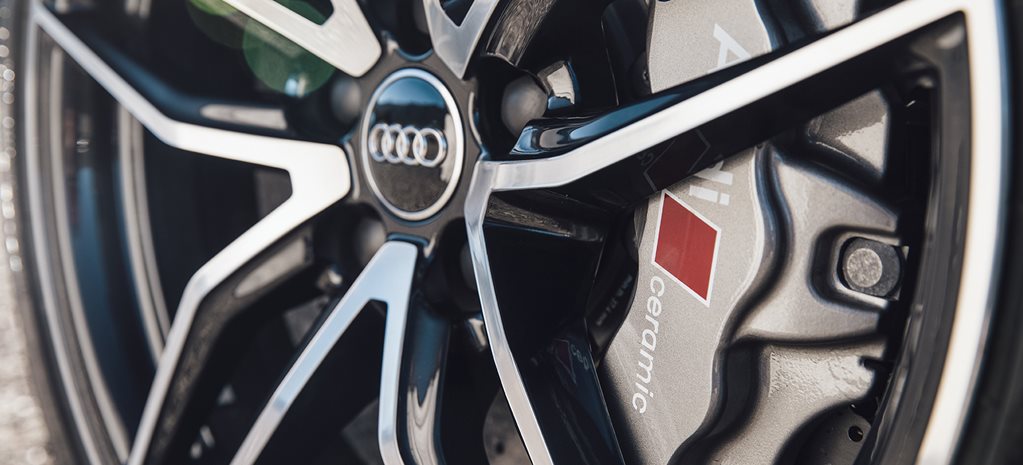Carbon Ceramic Brake Squeal

The wear indicator makes more of a ripping.
Carbon ceramic brake squeal. Squeaking brakes is a small side effect to pay in return for the brakes being able to stop a car at high speeds. That high pitched sound burrows into your brain stem making you seriously consider crashing into the stopped car ahead rather than step on the brakes and subject. High temperature grease can be applied to the back of the pad to reduce some noise in this instance. This is only one potential cause for squealing but remember to be careful with what cleaning products you use on your carbon ceramic rotors.
Don t write this off as a different kind of brake squeal. The squealing is normally the result of not using a brake lining shim or not putting enough anti squeal. This vibration causes the squealing. After about 1200 miles i noticed that the ceramic brakes on my m3 were getting really noisy.
When applying light brake pressure like in stop and go traffic the pads felt like they wouldn t fully retract and the brakes would squeak for about 20 feet or so after stopping until the pads were pushed away from the rotors. The squealing of ceramic brakes is common among many vehicles. The formulation for brake pads to enable that to happen without crazy amounts of squeal is equal parts experimentation and materials alchemy. Some higher end vehicles use pricey carbon ceramic discs or even special tungsten carbide.
Carbon ceramic brake set ups are also known to be noisier. The carbon ceramic brakes fitted as standard on many high performance vehicles are constructed in one of two ways either a core of ceramic material reinforced with chopped carbon fibre with an additional ceramic layer on the friction surface or simply the core of ceramic material with chopped carbon fibre and no outer friction layer.


















